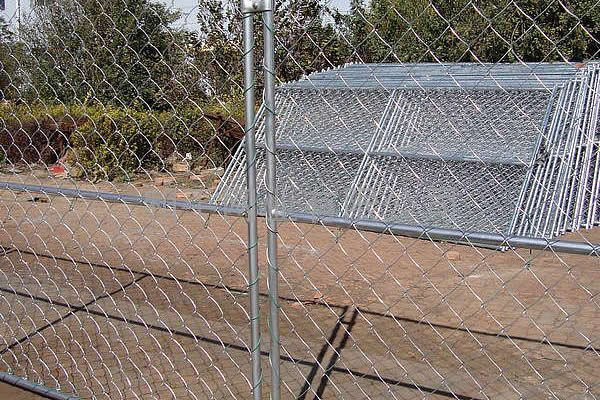 TEL:
+86-13102802206
TEL:
+86-13102802206
 Email:
fencenetting@china.com
Email:
fencenetting@china.com
 Language
Language
 TEL:
+86-13102802206
TEL:
+86-13102802206
 Email:
fencenetting@china.com
Email:
fencenetting@china.com
 Language
Language


Understanding Temporary Pool Fencing Costs What You Need to Know
When installing a pool, one of the most essential safety measures is implementing proper fencing around the area. This is especially true if you have young children or pets. Temporary pool fencing is a viable option for those who need a barrier that can be easily installed and removed, whether for a big event, a home renovation, or seasonal reasons. However, potential buyers often wonder about the costs involved in installing temporary pool fencing. In this article, we will explore the various factors that affect these costs and provide you with a clearer understanding of what to expect.
What is Temporary Pool Fencing?
Temporary pool fencing is designed to provide immediate safety without the permanence of traditional fencing. These are usually constructed from lightweight materials such as mesh, aluminum, or plastic. They are designed to be portable and can be set up or taken down quickly, making them ideal for temporary situations or seasonal use.
Factors Influencing the Cost
1. Material Type The material you choose for your temporary pool fence will significantly impact the overall cost. For instance, mesh fencing is often more affordable than aluminum or glass fencing. Mesh options can range from $7 to $15 per linear foot, while solid materials like aluminum may cost upwards of $20 to $35 per linear foot.
2. Installation Costs DIY installation can save you money, but if you prefer a professional installation, labor costs will need to be considered. Labor rates can vary by location and the specific complexity of the job. Typically, professional installation can add anywhere from $500 to $1,500 to your fencing cost.
3. Size of the Pool Area The larger your pool area, the more fencing you will require, which obviously increases the cost. Measuring your pool and estimating the perimeter can give you a better idea of how much material you'll need. For a standard pool size, expect to pay around $1,000 to $2,500 for temporary fencing.

4. Local Regulations Depending on your location, there may be specific regulations governing pool fencing. Some areas may require certain types of fencing that conform to safety standards, which could affect your choices and subsequently your budget. Researching local laws can help you avoid unexpected costs later on.
5. Seasonal Use or Long-Term If you only need the fencing for a short period (e.g., a summer party), you might consider renting temporary fencing, which can be more cost-effective. Rental prices may range from $250 to $800 for a one-week period, depending on the size and material of the fence.
Benefits of Temporary Pool Fencing
Besides the clear safety advantages, there are several benefits to considering temporary pool fencing
- Flexibility As mentioned earlier, temporary pool fencing can be set up and removed as needed, providing flexibility for various events or situations. - Cost-Effectiveness For those who do not want to invest in permanent fencing, especially if they only need it for a short period, opting for temporary solutions can save money.
- Ease of Installation Many temporary fencing options are designed to be easily installed without the need for professional help, allowing homeowners to tackle the job themselves.
Conclusion
Investing in temporary pool fencing is a vital step toward ensuring safety around swimming pools. By understanding the various factors that affect the costs, including materials, installation, size, and local regulations, you can make informed decisions that align with your safety priorities and budget. Whether you opt for DIY installation or choose to hire a professional, knowing the potential costs involved will help you navigate this essential aspect of pool ownership effectively. Always remember, safety should be the top priority when it comes to pools, and temporary fencing can be a smart and cost-effective solution.